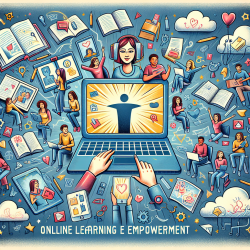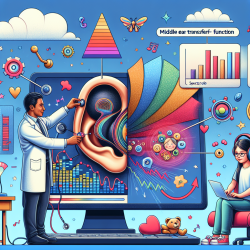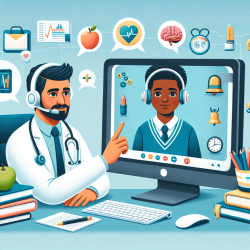Introduction
The transition to online learning has been accelerated by the COVID-19 pandemic, presenting both unprecedented opportunities and challenges for students worldwide. A recent study titled Impact of information literacy, self-directed learning skills, and academic emotions on high school students’ online learning engagement: A structural equation modeling analysis provides valuable insights into factors that enhance student engagement in online learning environments. This blog explores these findings and offers practical strategies for educators and practitioners to improve student outcomes.
Key Findings from the Study
The study applied the Presage-Process-Product (3P) model to analyze data from 1,993 high school students in China. It identified three critical factors that positively influence online learning engagement:
- Information Literacy: The ability to effectively recognize, evaluate, and use information is crucial for engaging in online learning.
- Self-Directed Learning Skills: Students who can set learning goals, monitor progress, and identify resources are more likely to engage deeply with online content.
- Positive Academic Emotions: Emotions such as enjoyment and hope significantly enhance students' motivation and engagement in online learning activities.
Practical Strategies for Educators
To leverage these findings, educators and practitioners can implement the following strategies:
- Enhance Information Literacy: Integrate ICT tools into the curriculum to help students develop critical thinking and problem-solving skills. Encourage the use of digital resources and provide training on information ethics and security.
- Foster Self-Directed Learning: Create an online learning environment that promotes autonomy. Offer diverse learning materials and assignments that cater to different learning preferences, encouraging students to take ownership of their learning process.
- Encourage Positive Academic Emotions: Design engaging and interactive online activities that foster collaboration and peer interaction. Provide constructive feedback and celebrate students' achievements to boost their confidence and motivation.
Conclusion
By focusing on enhancing information literacy, self-directed learning skills, and positive academic emotions, educators can significantly improve students' online learning engagement. These strategies not only support academic success but also contribute to students' overall well-being and development. As practitioners in the field of online therapy and education, it is crucial to continuously explore and implement evidence-based practices that foster effective learning environments.
To read the original research paper, please follow this link: Impact of information literacy, self-directed learning skills, and academic emotions on high school students’ online learning engagement: A structural equation modeling analysis.










